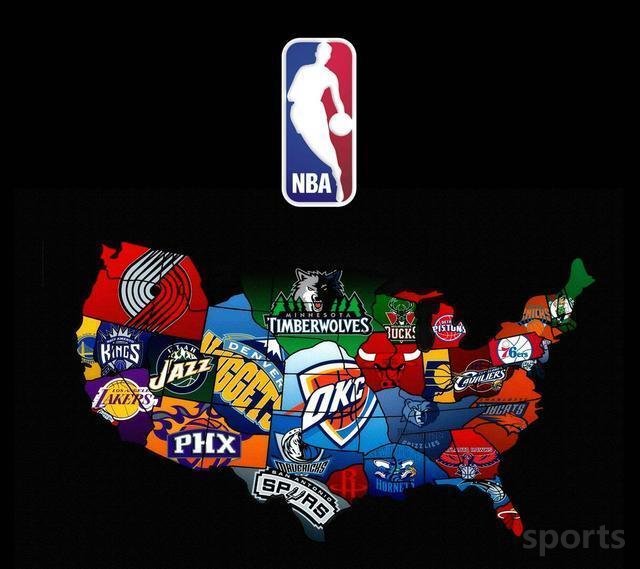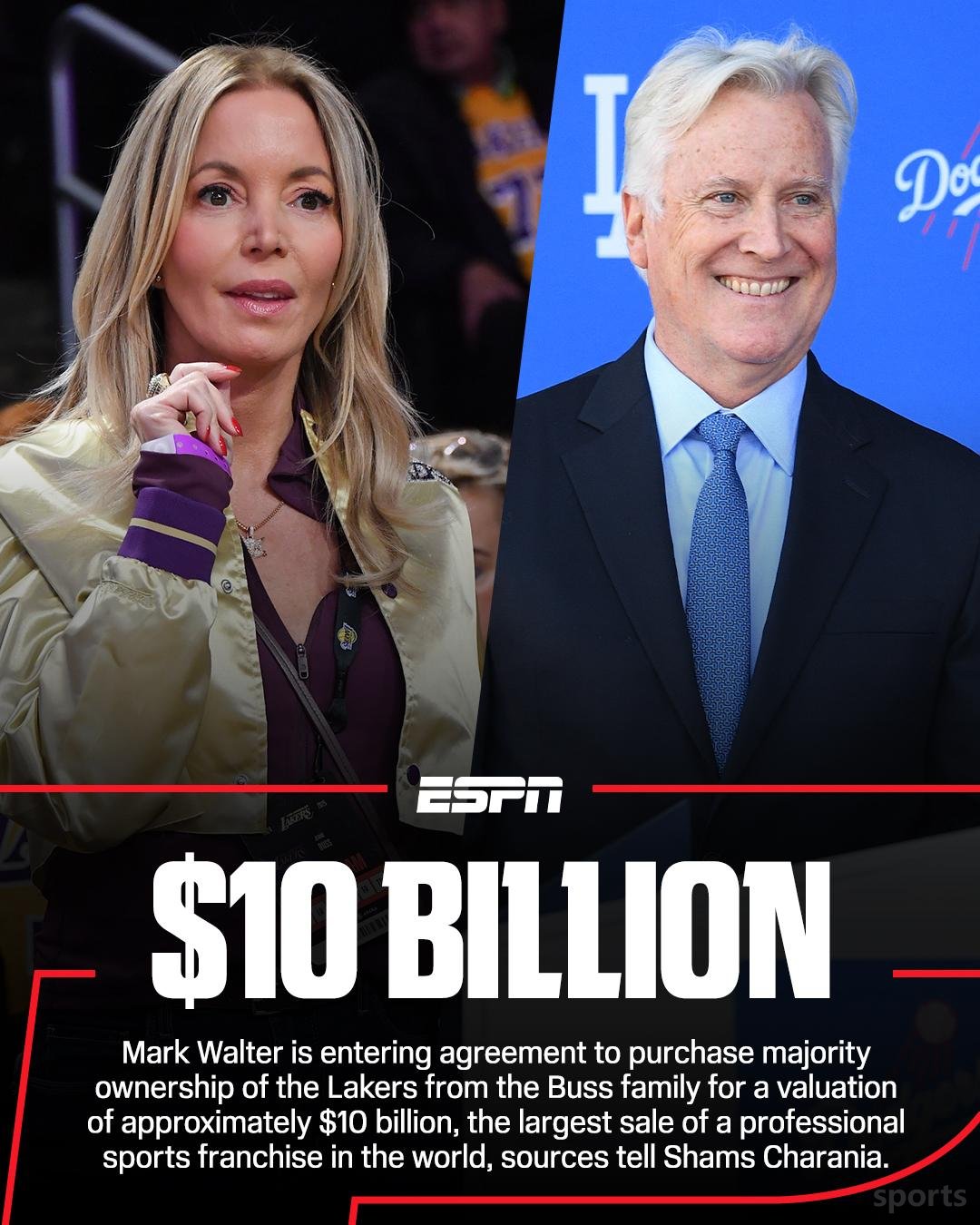Sports Empire has no boundaries, the new global capital game behind the change of ten billion Lakers
11:04am, 20 June 2025Football
When the $10 billion trading valuation shocked the North American sports circle, the Los Angeles Lakers' change of ownership not only set a record for professional sports club transactions, but also revealed the ambition of global capital to reshape the sports territory. Mark Walter, a super investor who spans three continents, is quietly weaving a huge capital network covering the NBA, MLB, Premier League and F1.
Lakers' Change of Masters: The key move for super investors to expand the sports empire

Mark Walter's transaction to swallow 84% of the Lakers' equity for $10 billion is far from a transfer from ordinary teams. The helmsman of TWG Global has long set up heavy forces in the sports world: from MLB Los Angeles Dodgers, Premier League Chelsea Football Club, to WNBA Sparks, F1 Cadillacs, and even the French Ligue 1 Strasbourg Club. After acquiring the Lakers, he became the first capital giant to control the four major professional league teams in North America and European football giants.

Walter's ambitions are much more than "collecting" the team. The Los Angeles Dodgers, which it holds, are in the same city as the Lakers, and the resource synergy is obvious - there is a huge space for integration of advertising sponsorship, media copyright, and venue operations. Magic Johnson's praise came to the forefront: "His achievements in the Dodgers are proof that in the past 12 years, he has won two World Series championships and 11 NL Western Conference champions! He is the best guardian of the Lakers brand."
NBA team: "New Hard Currency" in the eyes of capital

Behind the Lakers' worth 10 billion yuan is the surging wave of financialization of professional sports assets. The Bass family acquired the Lakers for only $67.5 million in 1979, and their assets increased by 147 times in 46 years, instantly killing most investment products. This amazing rate of return attracts capital tycoons seeking anti-cyclical assets—especially when technology stocks fluctuate violently, the stable cash flow and brand moat of top sports IPs are particularly precious. The rules of the NBA league have further boosted the influx of capital. The total amount of the new TV broadcast agreement that will come into effect in 2025 is as high as US$77 billion, and the team's salary cap will rise. Private equity funds have been allowed to invest in up to five teams, with a single team holding cap of 30%, opening the door to institutional investors. The sports industry is transforming from "rich toys" to "capital battlefield", and team equity has become a new channel for allocating high-quality assets around the world.
Shadow of Empire: When the capital craze swept the NBA ecology

The chain reaction caused by the Lakers' sky-high transactions has emerged, and the team's valuation system is reconstructed: the transaction price of US$10 billion is more than 20% premium to Forbes' valuation of 8.2 billion, directly crushing the Celtics' trading record of US$6.1 billion in March. Small market survival crisis. As the valuations of powerful people such as the Knicks and Warriors move towards 10 billion, Charles Barkley warned: "This will completely lose competitiveness for small market teams." Players' capital awareness awakens, and the NBA Players' Union is pushing for the modification of the labor-capital agreement to try to overturn the rule of "banning active players from holding shares." When a player becomes a boss, competitive logic may give way to capital logic. Although Walter's sports empire is dazzling, it is not an isolated case. The Adelson family acquired the Mavericks for $3.5 billion and Ishbiya won the Suns for 4 billion. Capital is rewriting the league's power structure at an unprecedented speed. The Lakers' change of ownership is a signal that the competition in professional sports has extended from the court to the unlimited territory of capital
Related Posts
- Turkish media: Fenerbahce intends to loan Boy, who is not in Bayern s new season plan
- Team newspaper: Lyon signed with Liverpool midfielder Mortonda, with transfer fee of 10 million euros + floating
- Wednesday 003 Champions League Shelburn vs Linfield [Score Forecast]
- As: DePaul will become the third most expensive transfer in the history of the FA League and the first in the league
- Reporter: Bayern and Tajikistan have reached an agreement on personal terms, but the transaction will still take some time to complete
- Liverpool s final kill is too ignited! This game allows you to experience the pleasure of battlefield reversal
- De Jong was dissatisfied, Barcelona won the three La Liga titles today
- Reporter: Considering the huge benefits of the Club World Cup, Bayern did not refuse to pay to let the Tower join in advance
- O Ki: Real Madrid and Almanza reach a four-year contract
